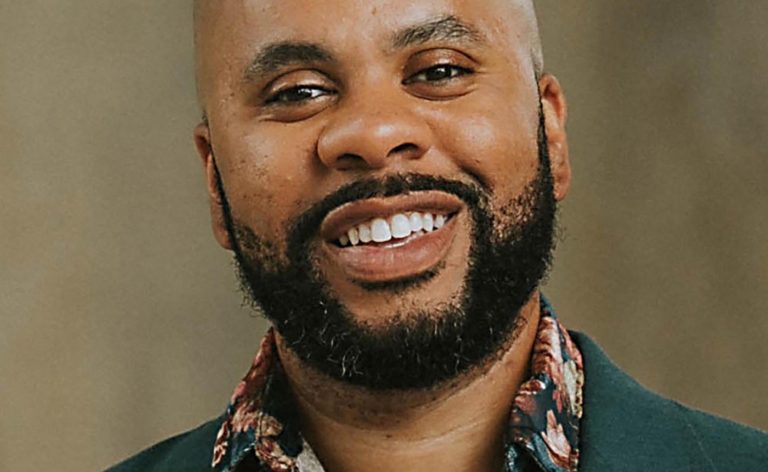OAKLAND — A man sentenced to death in 1995 for the killing of a 9-year-old boy will instead be released from prison next year amid a sprawling review of death penalty cases over whether Alameda County prosecutors spent years systematically keeping Black and Jewish people off juries.
Ernest Dykes, 51, was among multiple men whose decades-long tenure on death row appears to be at an end, Alameda County District Attorney Pamela Price announced Tuesday. Together, they mark the first tangible impacts of an ongoing probe into decades of alleged racism, antisemitism and bigotry among East Bay prosecutors that has rattled Alameda County’s justice system and left dozens of local death penalty cases in limbo.
Another man, Keith Thomas, 51, was made immediately eligible for parole after Price said her office also found signs of misconduct by the attorneys who prosecuted him in the late 1990s.
“We are now following the law,” said Price at a press conference Tuesday, while apologizing to the families of the two people alleged to have been killed by Dykes and Thomas. “And we will not have an office where people are not held accountable for violating their ethics or engaging in prosecutorial misconduct.”
“As we uncover misconduct, we will expose it, we will address it and we will hold people accountable,” Price added.
The announcement follows the bombshell ruling two months ago by U.S. District Judge Vincent Chhabria, who found “strong evidence” existed that systemic racism and antisemitism had been hiding in plain sight. He made the ruling after reviewing prosecutors’ notes one of Price’s deputy district attorneys discovered in Dykes’ case file.
“These notes — especially when considered in conjunction with evidence presented in other cases — constitute strong evidence that, in prior decades, prosecutors from the office were engaged in a pattern of serious misconduct, automatically excluding Jewish and African American jurors in death penalty cases,” Chhabria wrote in his ruling, which lifted a protective order on the notes in question.
After the judge’s ruling in May, Price said she planned to review the cases of 35 locals still living on death row for signs of racism, bigotry or misconduct — calling it an “ethical obligation” that was beyond “left or right or any kind of politics.”
On Tuesday, Price said that review remained ongoing. Still, she said that her office had so far identified seven prosecutors — five no longer working for her office, one still employed under her and yet another currently serving as a judge — whose cases have garnered additional scrutiny.
The review appears to be hampered by the fact that jury selection materials for 40 of the 56 death penalty cases prosecuted by the Alameda County District Attorney’s Office since 1978 appear to be missing.
Dykes was convicted in 1995 of murdering Lance Clark, the grandson of his one-time landlord during a botched robbery. Dykes first shot the landlord in the neck — after which the bullet hit Lance, who was sitting in his grandmother’s car. The boy before reaching the hospital, just five days after his 9th birthday, according to court records.
In an interview with police, he admitted to the attempted robbery but claimed the gun accidentally went off during a struggle, according to court papers filed in his 2009 appeal.
“I didn’t mean for it to go down like that,” Dykes allegedly told police. “I’m no killer.” After his conviction, jurors sentenced him to death.
Once released, Dykes is expected to serve two years on probation, Price said Tuesday.
Thomas was sentenced to death in 1998 in the rape and murder of Francia Young, 25, who was abducted from Oakland’s MacArthur BART station while on her way home from work and found shot dead in Point Richmond. His sentence was reduced to 23 years to life in prison after signs of prosecutorial misconduct emerged in his case, Price said. Given that he has already served 31 years, he now becomes immediately eligible for parole, she said.
Price also said a third person, Gregory Tate, would be removed from death row and instead given a sentence of life in prison without the possibility of parole. She said that her office did not admit any wrongdoing in his case, and that he was resentenced “based on additional factors.”
Tate has been sentenced to die for the 1988 of Sarah LaChappelle, who was stabbed to death in her home with a butcher’s knife and a barbeque fork, court records show. Tate, who was 21 at the time of the killing, denied killing LaChapelle during his trial four years later.
Check back for updates to this developing story.












